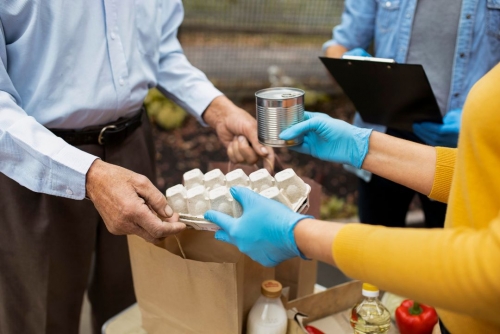The Ministry of Social Development in Bahrain has been working diligently to provide social services to its citizens between January and April of 2024. These services include family consultations, disability support, and community development programs. More than 3,900 people attended awareness lectures, 358 families reached agreements, and 59 children saw custody issues resolved during this period. The Ministry has also focused on strengthening partnerships with civil society and the private sector to align its initiatives with Bahrain’s National Economic Strategy 2030, ultimately aiming to promote community well-being and family stability.
During this time frame, the Ministry facilitated over 1,400 family consultations, leading to 31 agreements that aided 358 families and 625 children. Additionally, they managed 44 custody transfer rulings that impacted 59 children and conducted 18 developmental programs that reached 642 participants. The Ministry has made significant efforts to provide support and guidance to families in need, addressing various issues that may arise.
The Ministry has also been proactive in organizing educational lectures, training courses, and sessions for family and childhood development centers. These efforts have benefited thousands of individuals through informative sessions and programs designed to enhance family relationships and promote healthy development among children and youth. Furthermore, community research studies have been completed to benefit families and individuals seeking assistance and guidance.
In terms of disability services, the Ministry has provided assistance to individuals through government centers, non-governmental organizations, and private centers. They have offered physiotherapy sessions, assistive devices, and development programs for children with disabilities. Additionally, psychological research sessions have been conducted to support individuals with disabilities, ensuring their well-being and overall quality of life.
The Ministry’s community partnership program plays a crucial role in adapting to changing local and global contexts. It supports various initiatives aimed at providing care, rehabilitation, and training for individuals with disabilities, the elderly, children, and those affected by begging. Additionally, the program encourages entrepreneurial policies and backs community development projects that benefit the overall well-being of the community.
Furthermore, the Ministry places a strong emphasis on the management of care, rehabilitation, and development centers. They focus on providing family programs, counseling services, and public awareness campaigns to ensure that individuals with disabilities receive the necessary support and rights protection. The Family Care Program specifically addresses visitation rulings for separated or divorced families, aiming to create a supportive environment for children and families while safeguarding their psychological well-being and stability.










